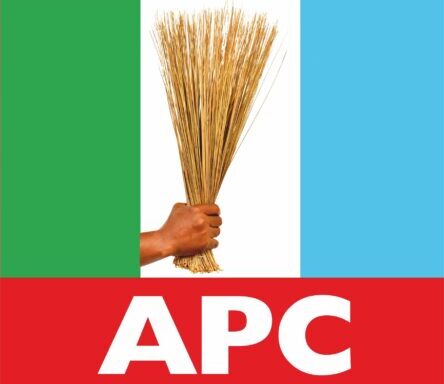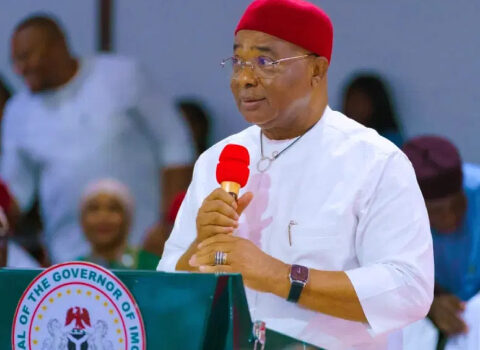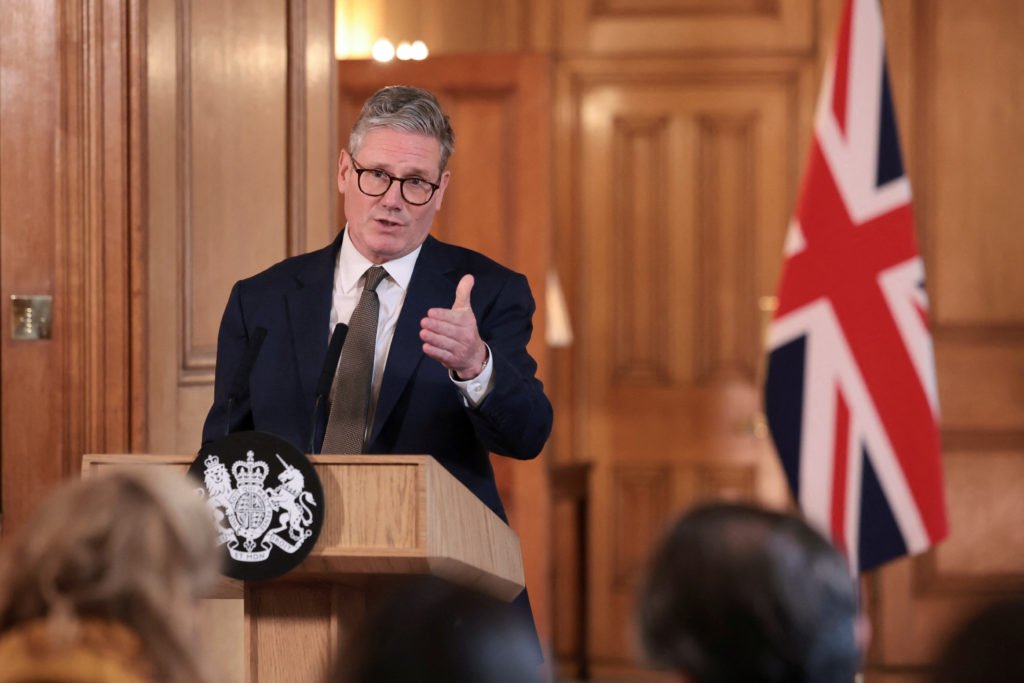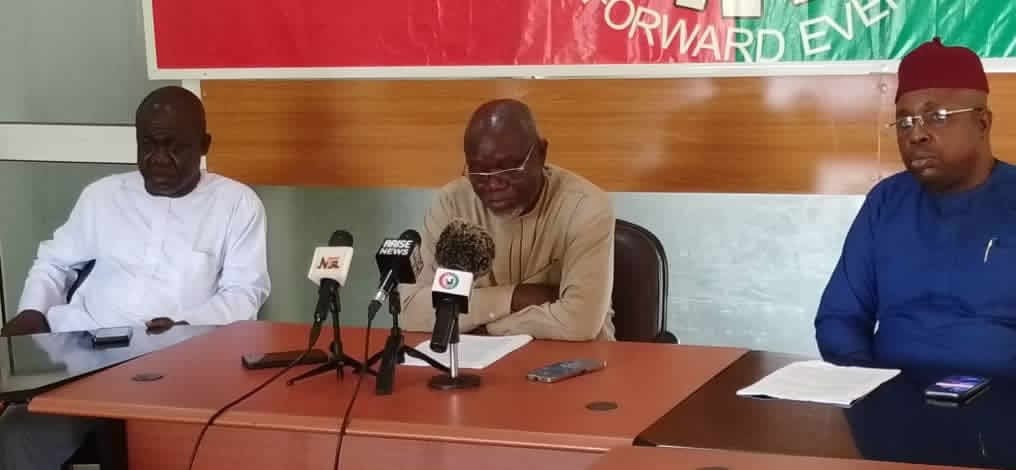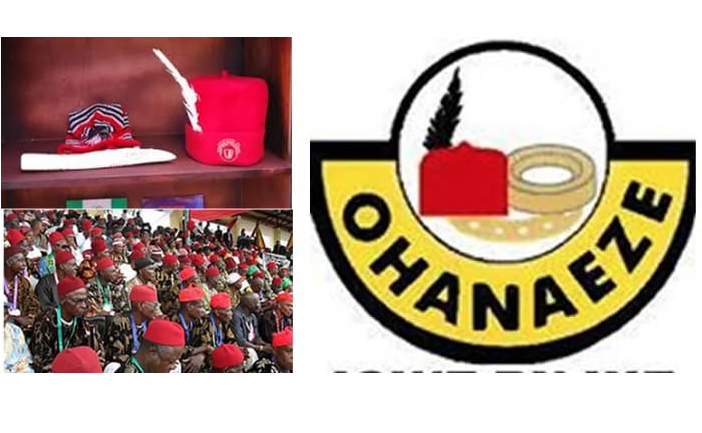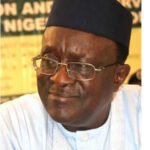President Bola Tinubu’s cabinet reshuffle sparked significant attention with the nomination of Bianca Odumegwu-Ojukwu as Nigeria’s Minister of State for Foreign Affairs. Bianca Odumegwu-Ojukwu, a Nigerian diplomat, lawyer, and former beauty queen, known for her contributions to both public service and cultural diplomacy and the widow of Chukwuemeka Odumegwu-Ojukwu, the leader of Biafra during the Nigerian Civil War.
Bianca gained prominence in the 1988 when she won Most Beautiful Girl Pageant in that year and went ahead to win Miss Intercontinental in 1989. Her appointment reignites Bianca’s role as one of Nigeria’s prominent figures in the international diplomatic arena, reaffirming her status as a seasoned diplomat and political icon and to provide a renewed opportunity for Nigeria to strategically position itself on the global stage.
Bianca Odumegwu-Ojukwu: A Diplomatic Force
Bianca Odumegwu-Ojukwu’s name is synonymous with resilience, grace, and a deep understanding of international relations. She is not new to the realm of diplomacy. Bianca has carried the weight of both national and international expectations throughout her public life. She entered the diplomatic spotlight when she was appointed as Nigeria’s Ambassador to Ghana and later to Spain by Former President Goodluck Jonathan in 2012. During her tenure, Bianca proved her mettle, significantly advancing Nigeria’s interests abroad. Her ability to foster bilateral relations, particularly in economic, cultural, and educational spheres, earned her respect both at home and abroad.
Her ambassadorship was marked by critical moments, such as her role in facilitating diplomatic dialogues and trade agreements between Nigeria and Spain. For instance, under Bianca’s leadership, Nigeria and Spain engaged in discussions that helped cement partnerships in trade and economic cooperation. Spain is one of Nigeria’s top trading partners within the European Union, particularly in the energy sector, where Spain relies on Nigeria’s oil exports. Bianca facilitated negotiations and discussions that helped maintain and grow this relationship, focusing on mutual benefits for both countries. Her diplomatic engagements with Spanish authorities ensured that Nigeria remained a strategic partner in energy supply to Spain, while also exploring new areas for cooperation, such as agriculture and technology.
She also explore the cultural diplomacy to improve Nigeria’s global image while representing Nigeria in Spain .One example of her cultural diplomacy efforts was the celebration of Nigeria’s National Day in Madrid, which she used as a platform to showcase Nigerian art, music, and fashion. The event attracted key Spanish dignitaries, members of the diplomatic corps, and Nigerians living in Spain.
She was also instrumental in addressing issues related to Nigerians living in Spain, providing a voice for the Nigerian diaspora in Europe. One of her notable efforts in this regard was her intervention in cases involving Nigerian immigrants facing deportation or legal difficulties. She worked with local authorities to ensure that the legal rights of Nigerians were upheld and provided consular support to those in need. Additionally, she played an instrumental role in ensuring that Nigerian prisoners in Spain were given proper legal representation and humane treatment. Her efforts helped bridge gaps between the Nigerian diaspora and Spanish authorities, fostering an environment of mutual respect and understanding.
Her ability to navigate complex diplomatic landscapes, coupled with her charismatic public persona, has made her a symbol of Nigeria’s soft power—diplomatically projecting a modern, progressive image of the country.
Nigeria’s Global Diplomatic Challenges
Bianca’s reappointment as Minister of State for Foreign Affairs comes at a time when Nigeria faces significant diplomatic challenges and opportunities. Nigeria, as Africa’s most populous country and largest economy, is positioned as a leader on the continent. However, the country’s global reputation has been marred by a variety of internal and external challenges, ranging from corruption, security concerns, and economic instability, to issues related to governance and human rights. These factors have often hindered Nigeria’s ability to assert itself as a global leader in diplomacy and trade, even though the country holds significant political and economic clout in Africa.
Internationally, Nigeria has struggled to capitalize on its potential, and there is a need for a more robust and dynamic foreign policy approach. Bianca’s role is crucial in this regard. She will be tasked with projecting Nigeria in a way that attracts foreign investment, strengthens international partnerships, and restores the country’s image as a stable, emerging power in the global community.
One of Bianca’s key strengths lies in her ability to utilize soft power and cultural diplomacy—areas where Nigeria has significant untapped potential. Cultural diplomacy, the use of a nation’s cultural resources to achieve foreign policy goals, is a field in which Bianca has previously excelled. Nigeria is rich in cultural heritage, with its music, films (Nollywood), fashion, and arts recognized globally. Yet, these assets have not been fully leveraged to shape global perceptions of Nigeria.
Bianca’s understanding of how cultural influence can be used to achieve diplomatic goals offers Nigeria a strategic advantage. As a former beauty queen, ambassador, and a figure deeply respected across various social strata, Bianca brings a unique ability to connect with a broad range of international stakeholders. Her return to public service could signal a renewed focus on showcasing Nigeria’s cultural and creative industries as tools for diplomatic engagement.
Economic Diplomacy and the Diaspora
Bianca’s return to diplomatic service comes at a time when economic diplomacy is paramount for Nigeria. The country is grappling with a challenging economic climate, marked by inflation, unemployment, and dependence on oil exports. Diversification of the economy is an ongoing struggle, and there is a growing need for foreign investment in sectors such as agriculture, technology, and renewable energy. As Minister of State for Foreign Affairs, Bianca will be expected to help attract foreign direct investment by promoting Nigeria’s potential as a hub for business and trade in Africa.
Moreover, the Nigerian diaspora, estimated to be over 17 million people, represents a significant resource in terms of remittances, investments, and global influence. The Nigerian government has often been criticized for its inability to effectively engage its diaspora in national development efforts. Bianca’s previous experience with Nigerians abroad, especially during her tenure in Spain, positions her well to reinvigorate Nigeria’s diaspora engagement strategy. This is an area where Nigeria could gain significant economic and political leverage, as well as improve its international image.
Expectations
As Nigeria’s foreign policy has often been criticized for being reactive rather than proactive. In a world where international relations are increasingly complex, there is a need for a more strategic and coherent foreign policy. Bianca is expected to work within the constraints of an often bureaucratic system while pushing for innovation and a stronger global presence.
Additionally, she will have to navigate the complex politics within Nigeria’s Ministry of Foreign Affairs, where turf wars and political appointments often undermine efficiency. Balancing her diplomatic vision with the realities of governance will require political acumen and resilience.
On the issue of public expectations. Bianca’s high profile means that many will expect quick results. However, the nature of diplomacy is gradual and often behind-the-scenes. It is important to manage these expectations while staying focused on the long-term goals of improving Nigeria’s standing on the global stage.
Bianca Odumegwu-Ojukwu’s reappointment as Minister of State for Foreign Affairs is both a recognition of her past achievements and a challenge to shape Nigeria’s future on the world stage. Her diplomatic experience, combined with her deep understanding of Nigeria’s cultural strengths, positions her as a key figure in the nation’s foreign policy apparatus. However, the task ahead is formidable.



